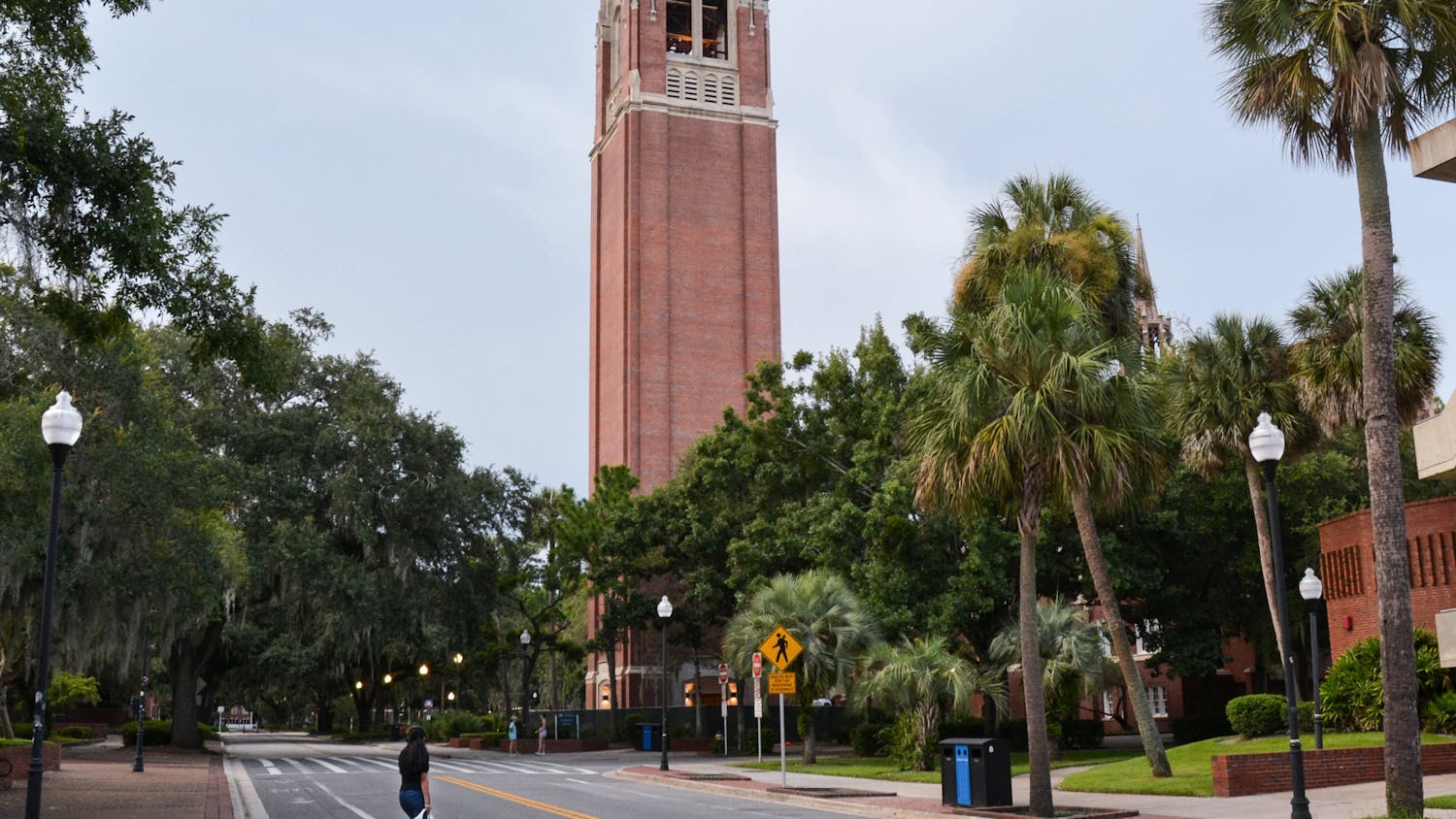The election of a new pope has dominated recent world news, but many Americans may have little interest in the matter.
Twenty percent of Americans claimed no religious preference, according to a recently released survey, and UF associate professor David Hackett isn’t surprised.
“What people are doing, with regard to religious observances, is they’re participating less in going together with other people in a congregational form of worship,” said Hackett, who works for UF’s department of religion.
The results were from the 2012 General Social Survey, a poll of American adults. This is the lowest American religious affiliation has been since it started to be tracked in the 1930s, according to an analysis of the survey by researchers from Duke University and the University of California, Berkeley.
Although Hackett said he does notice a growth of secularism, he insists less people going to church doesn’t mean they have no beliefs.
“Most people, and certainly most of the University of Florida undergraduates that I encounter, say that maybe they’re not religious, but they are spiritual,” Hackett said.
The survey distinguished atheists, or those who do not believe in a God, from those with no religion. Three percent of those surveyed claimed to be atheists.
About 19 percent of Americans are Protestant, 24 percent are Catholics and 1.5 percent are Jewish, according to the survey.
According to the analysis of the survey, the results showed a greater portion of men claim no religion than women. Also, 21 percent of white people claimed no religion compared with 17 percent of African-Americans and 14 percent of Mexican-Americans. About one-third of 18- to 24-year-olds claimed no religion.
Alexandria Burry, an 18-year-old UF art freshman, said she thinks materialism and the constant bustle of today’s society have a lot to do with the lack of religious affiliation.
“I think, as a culture, we are very fast-paced and more self-centered and focused on being the best that we don’t rely on a god,” she said. “That is becoming more and more noticeable with time.”





